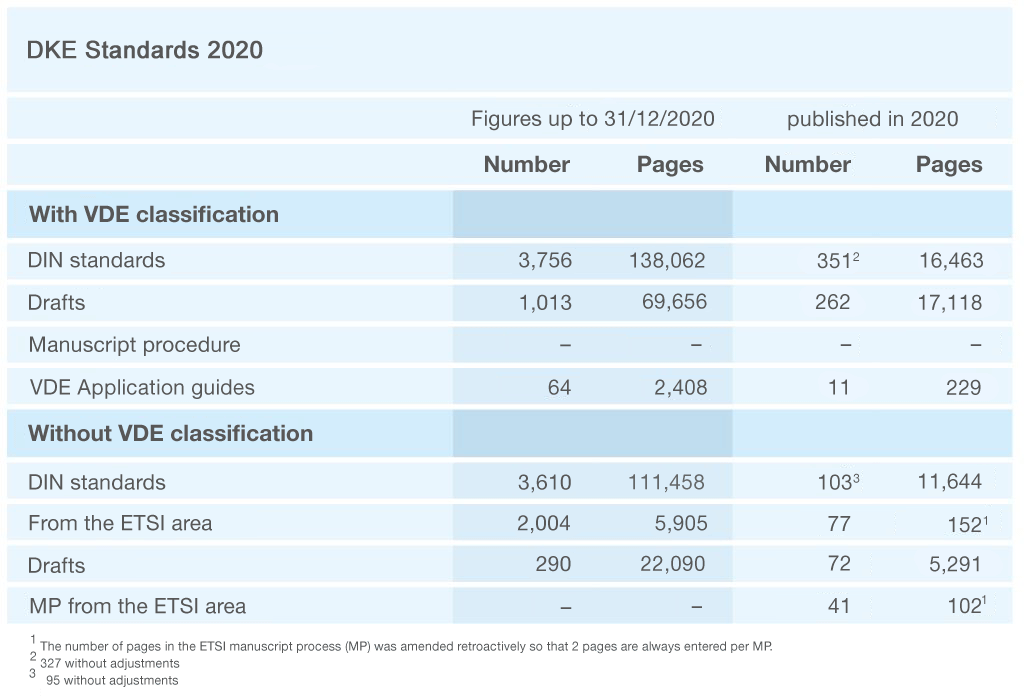Established in 2013, the Quality Infrastructure Working Group serves to strengthen economic and technical cooperation, reduce technical barriers to trade and increase product safety. On the occasion of the 7th annual meeting, about 80 participants met in New Delhi this year.
With the signing of the Work Plan 2020, it was agreed to intensify Indo-German cooperation on standardization, technical regulation, certification and market surveillance in important economic areas such as electromobility or cybersecurity.
Florian Spiteller underlined several times during the forum the importance of international standardization as well as the Global Relevance Toolbox to integrate national specificities internationally. The resulting inclusion of the stronger promotion of the Toolbox in the
Florian Spiteller underlined several times during the forum the importance of international standardization as well as the Global Relevance Toolbox to integrate national specificities internationally. The resulting inclusion of the stronger promotion of the Toolbox in the Working Group's work plan was a success for IEC and international standardization at this point.

















